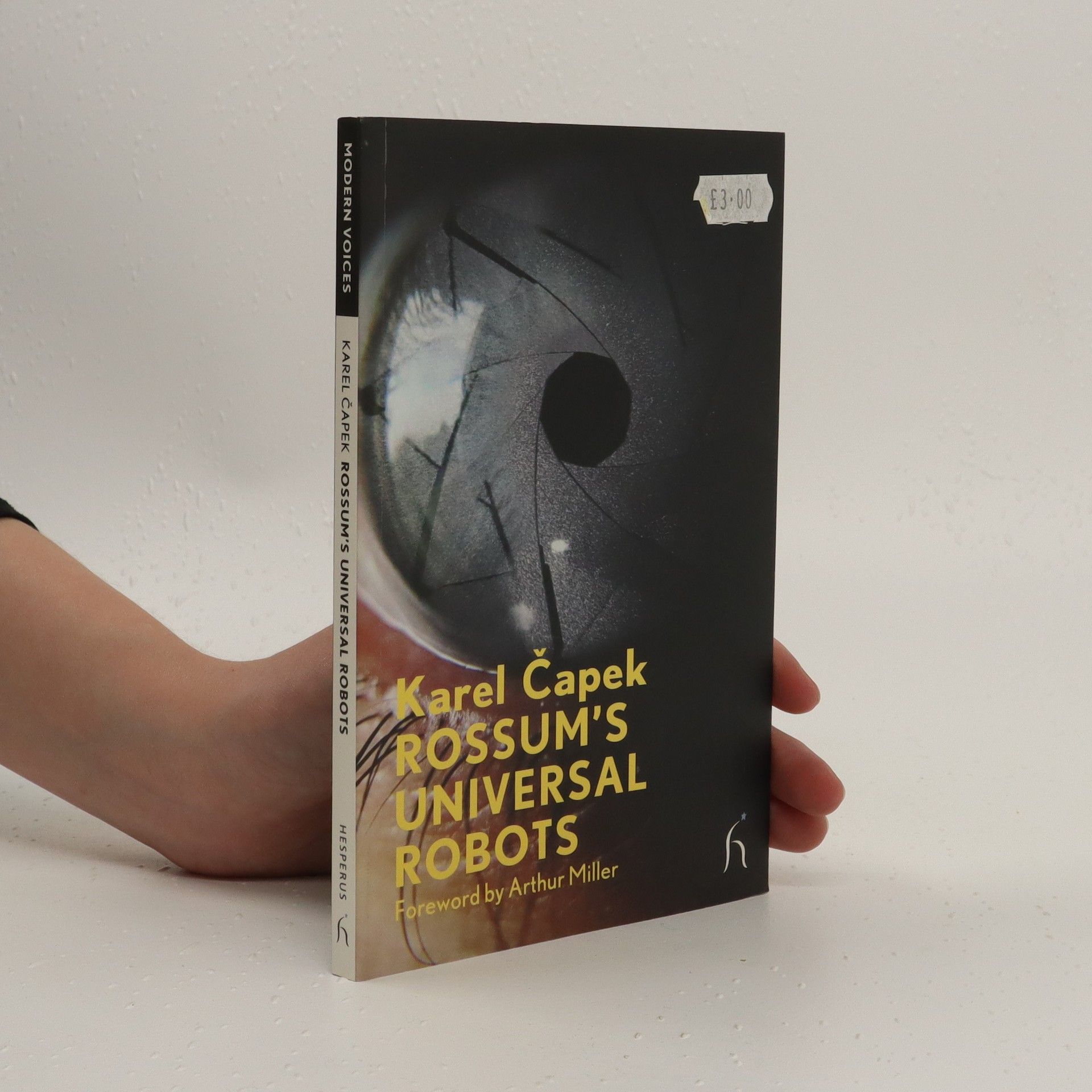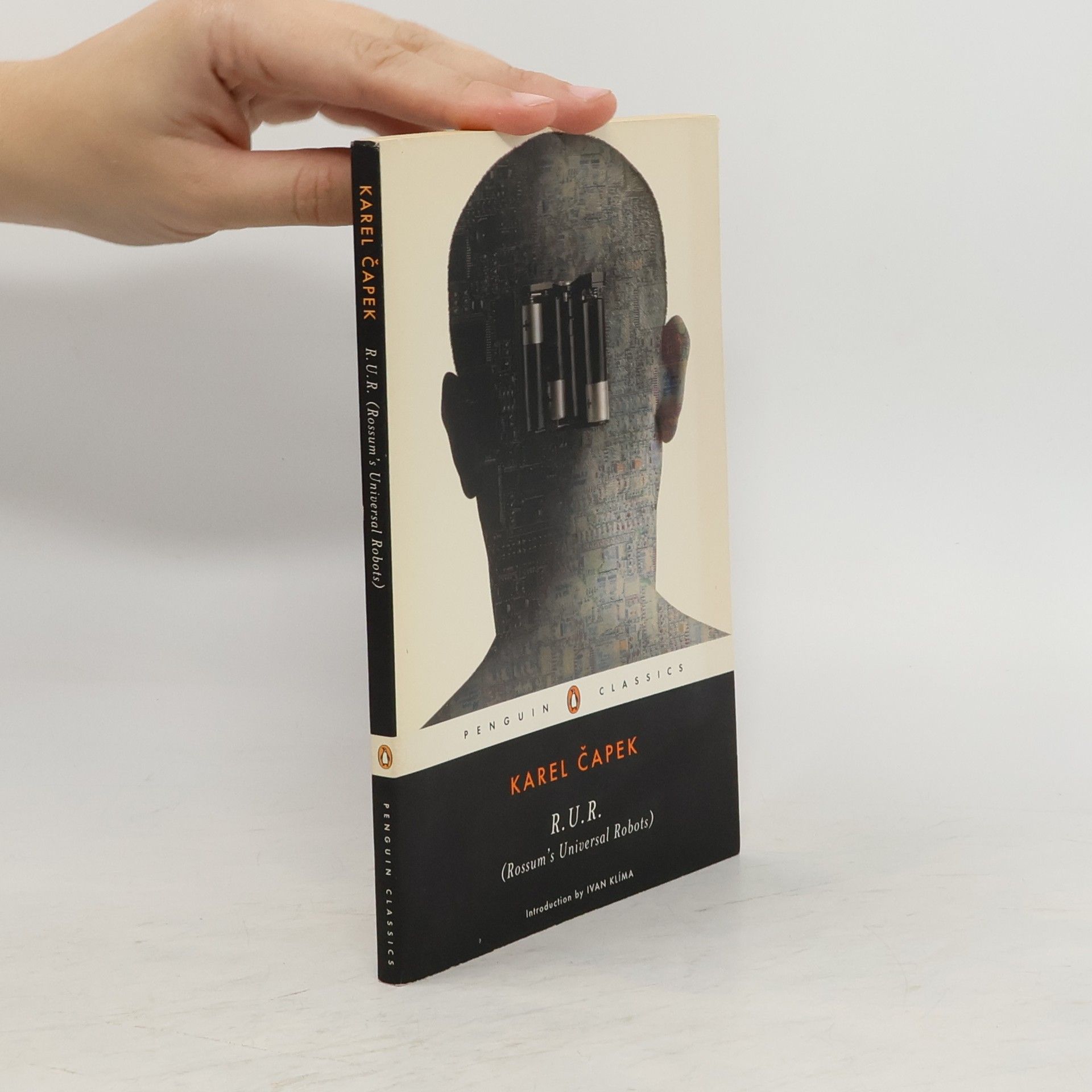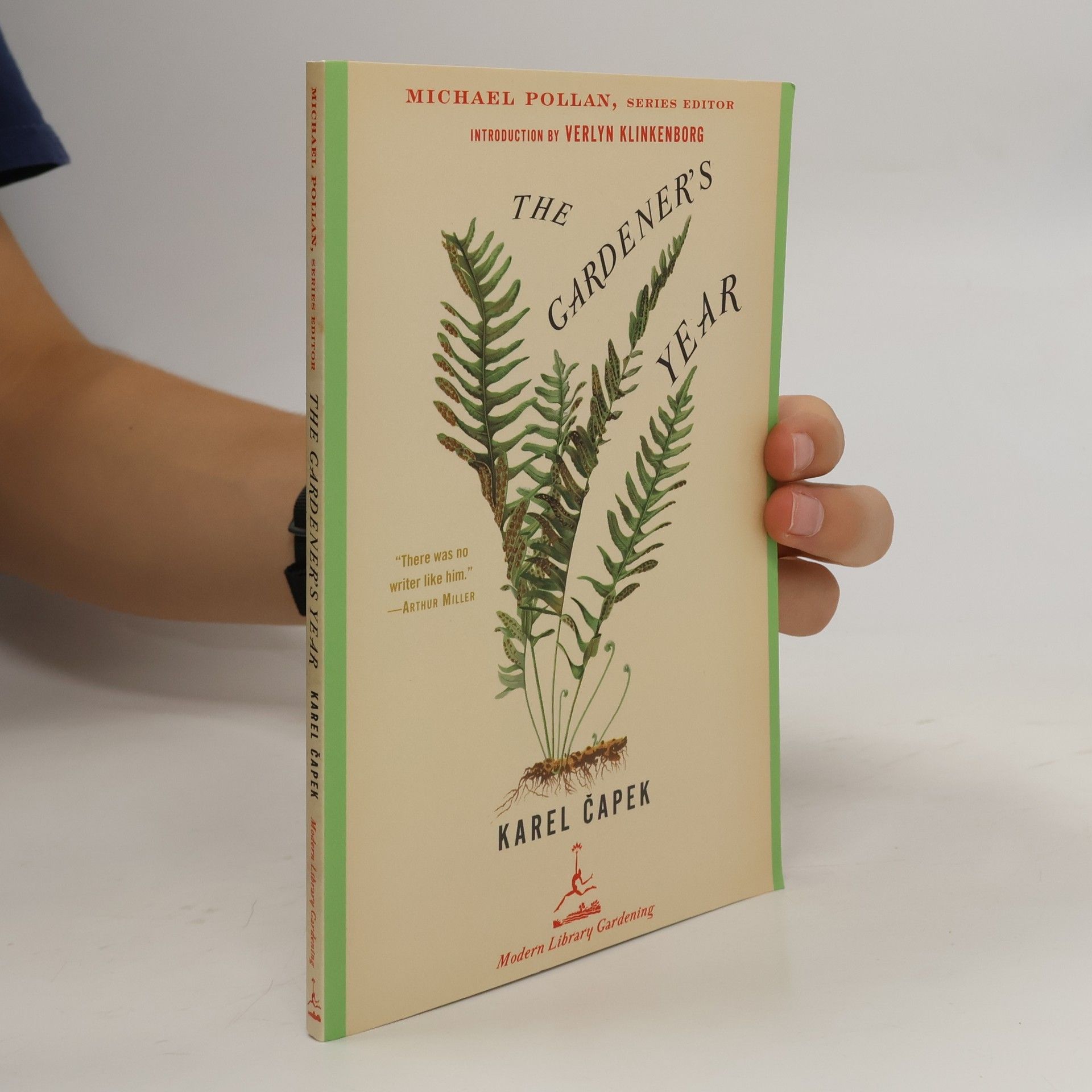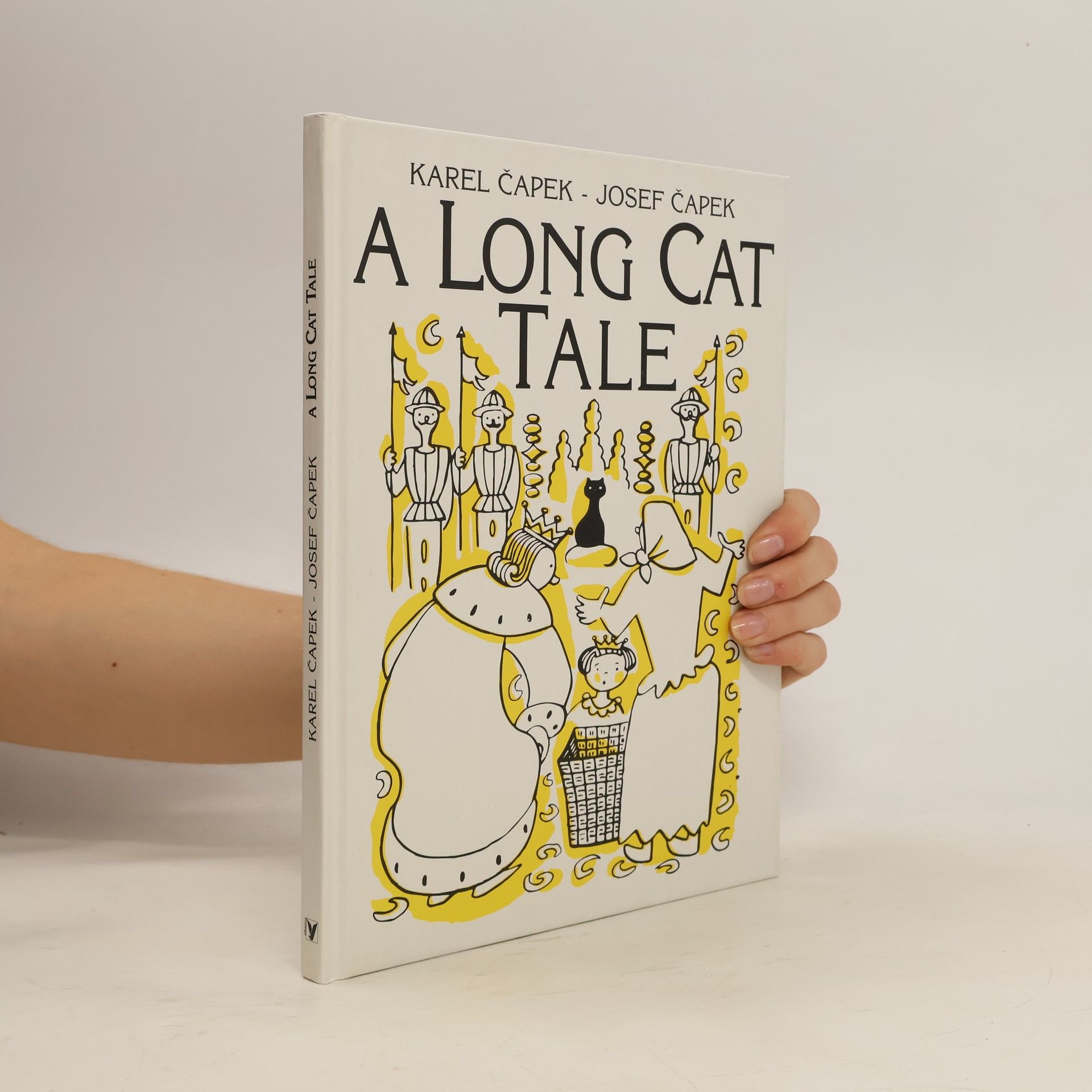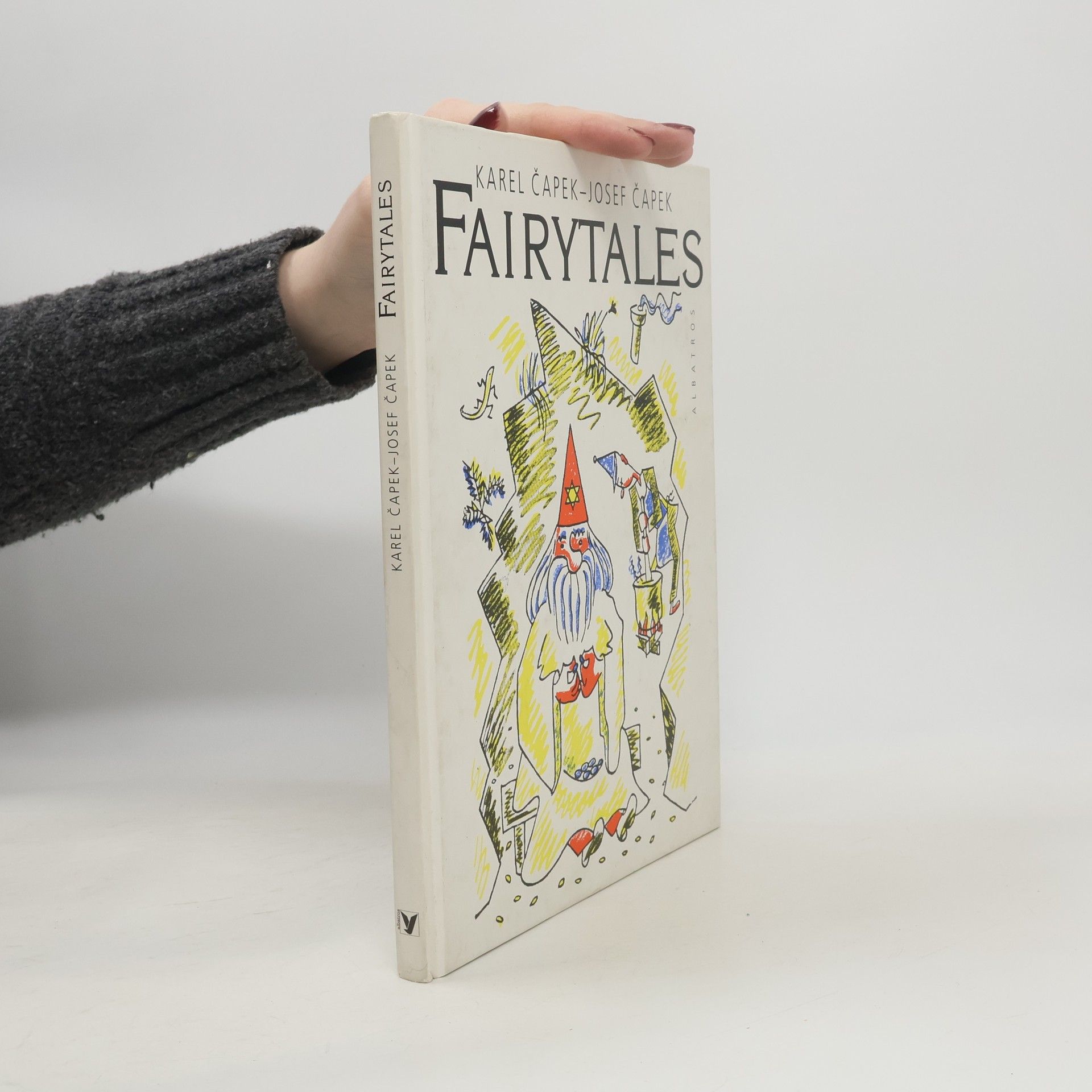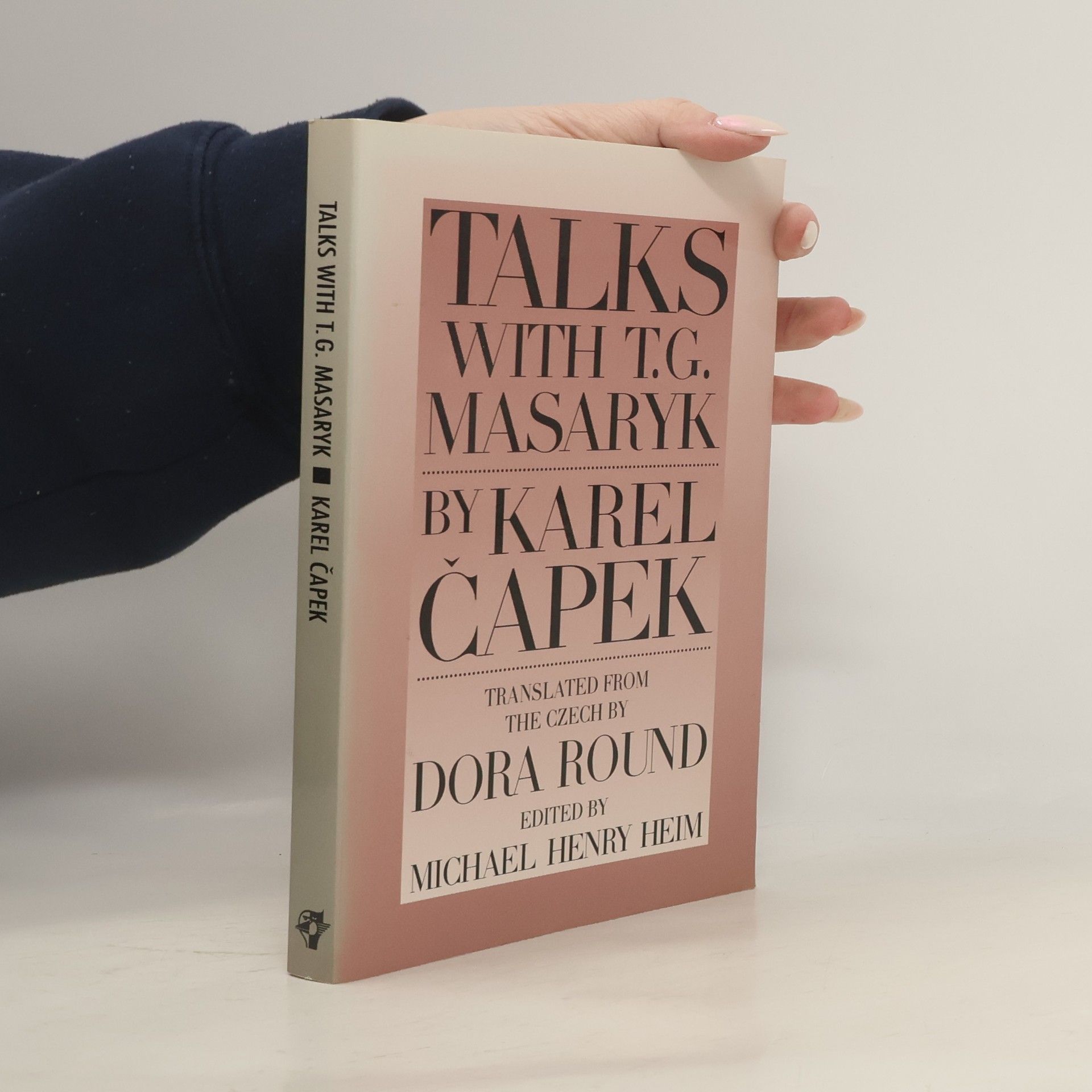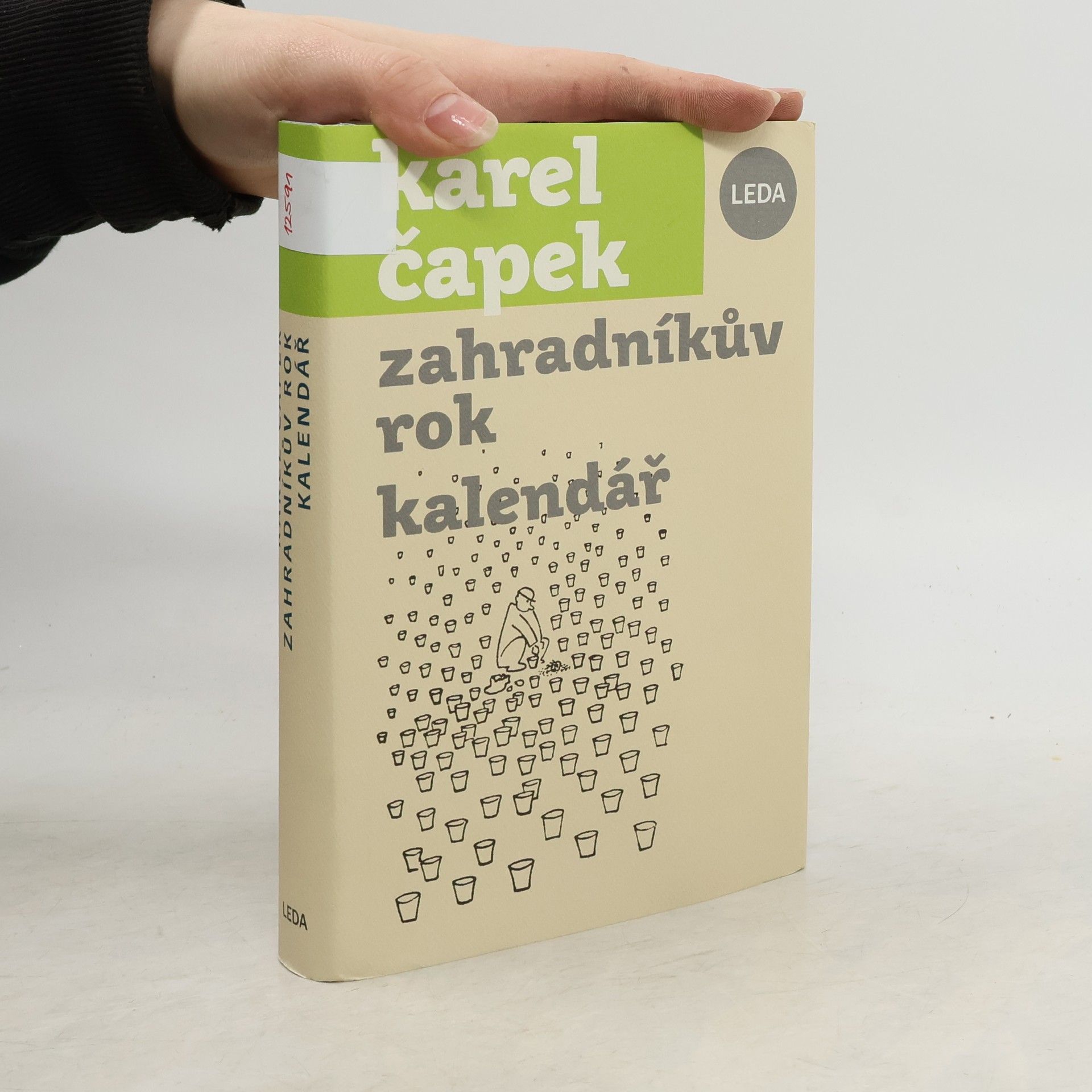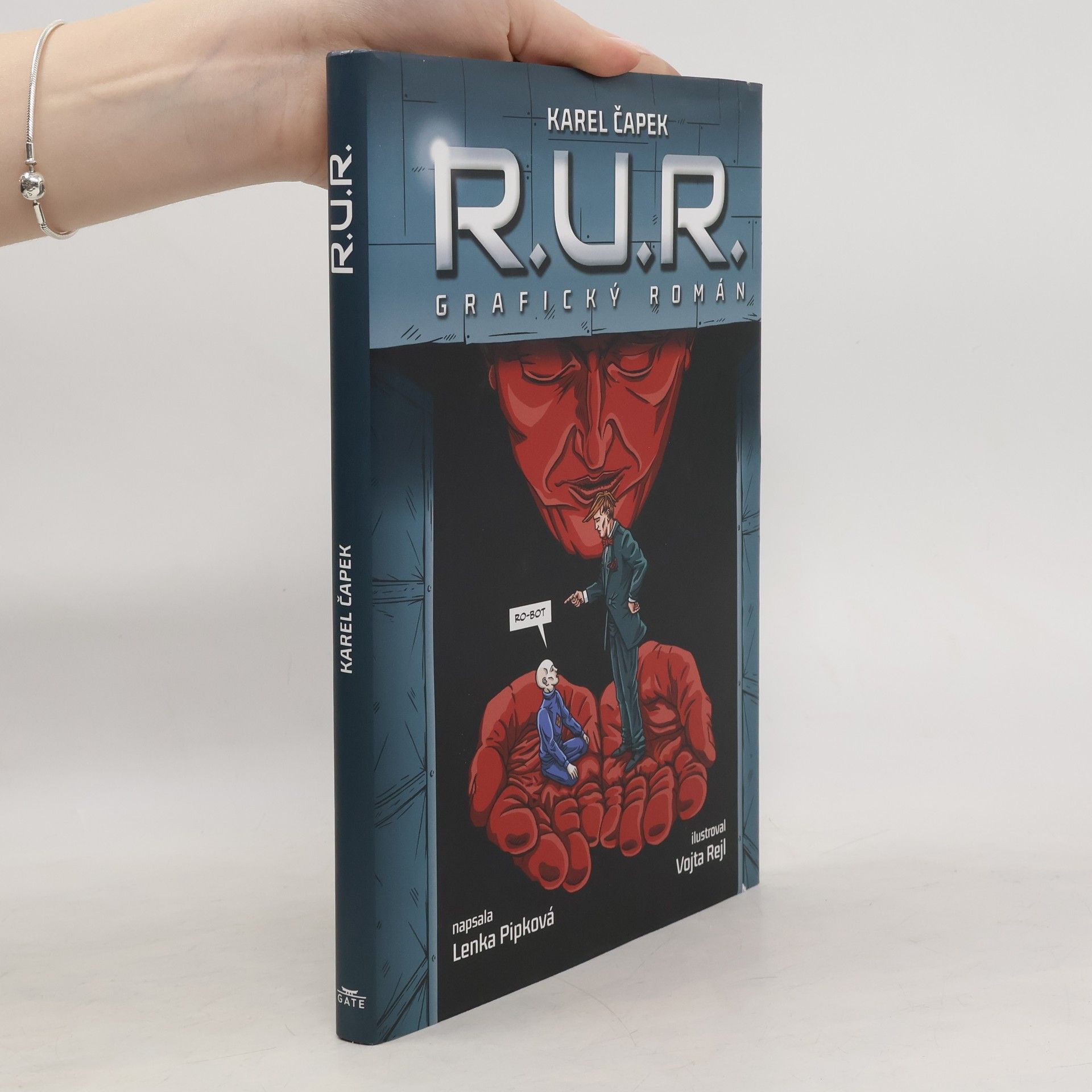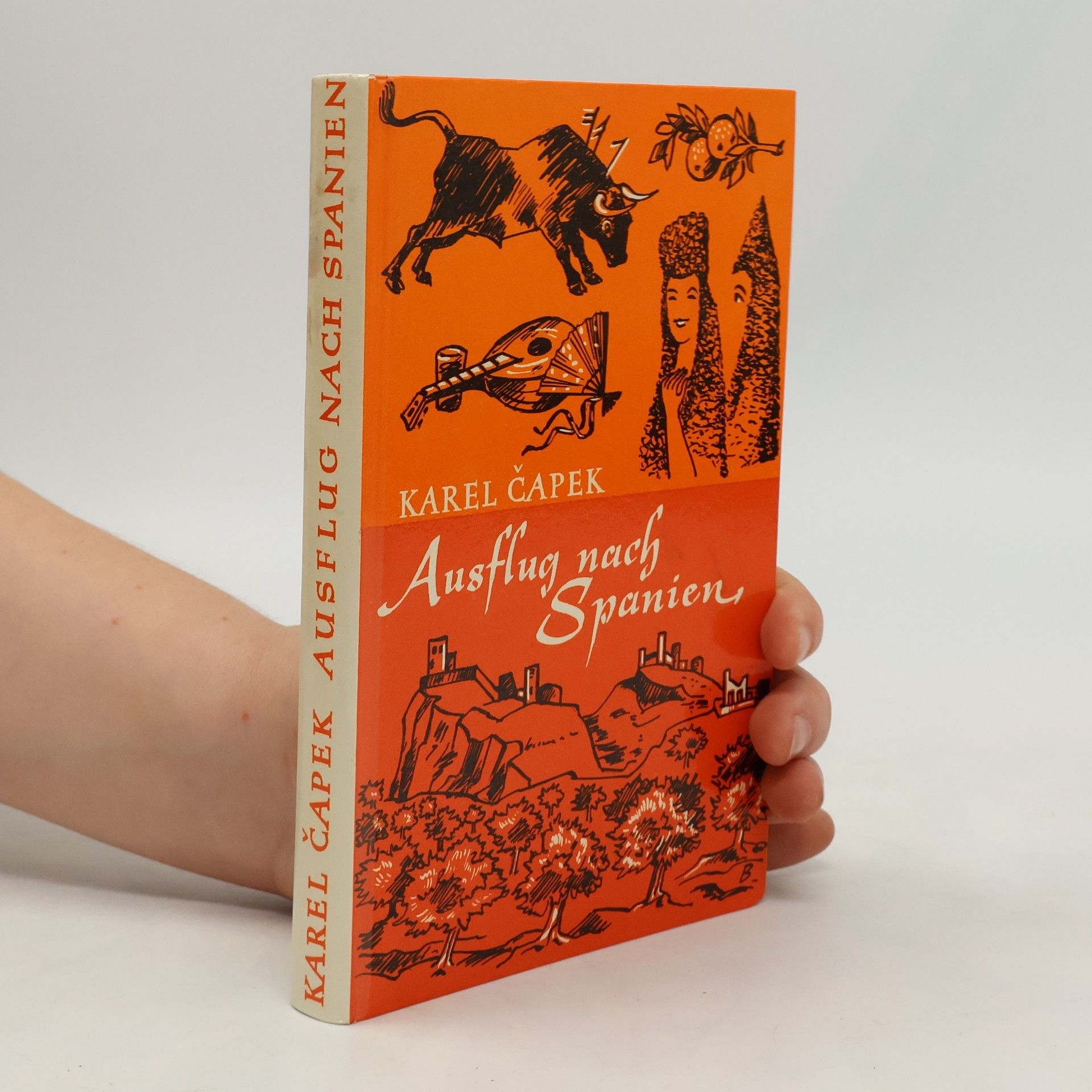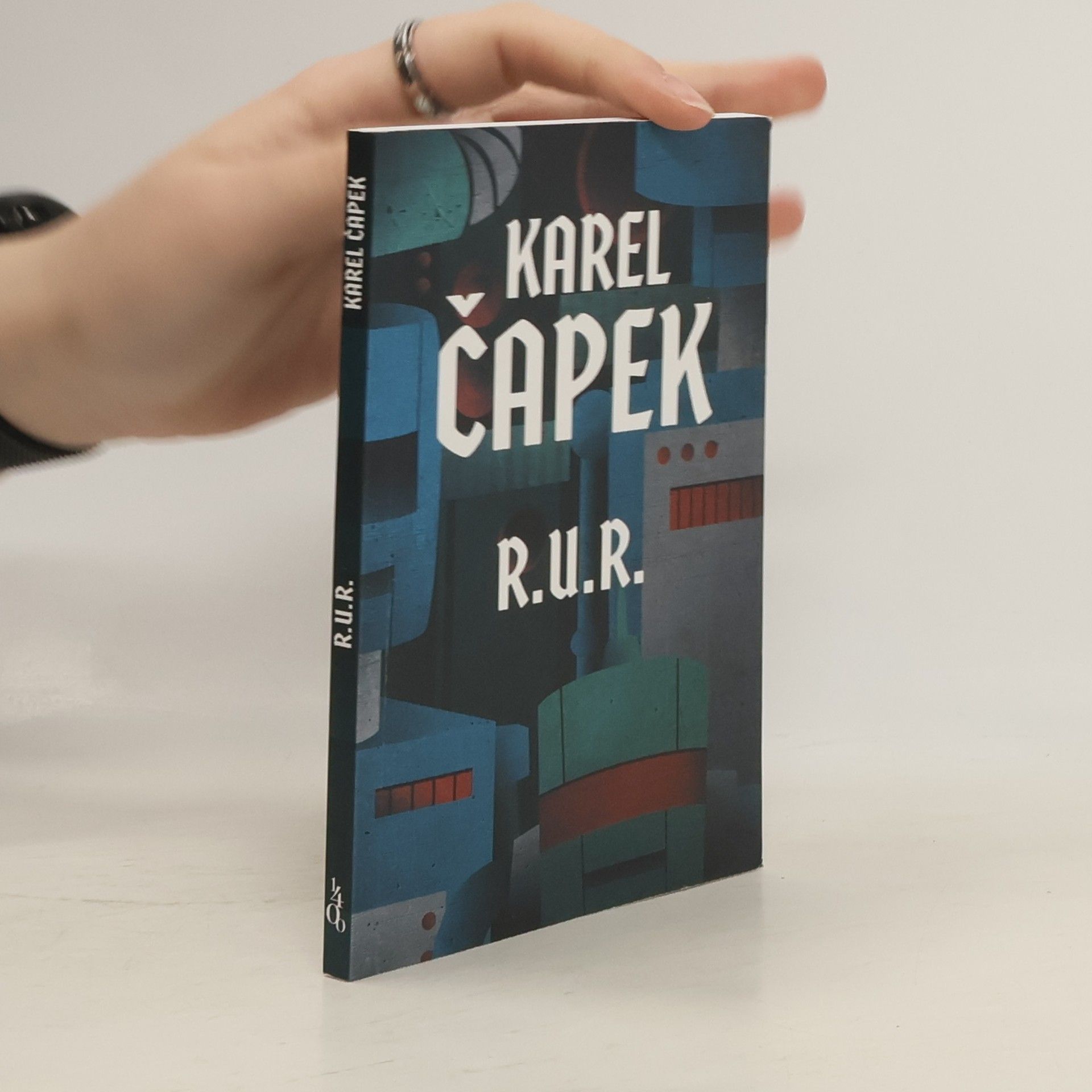Zahradníkův rok. Kalendář
- 392 pages
- 14 hours of reading
Kniha obsahuje dva soubory próz týkajících se ročních dob, zahradničení, přírody a člověka. Text Zahradníkova roku vznikal v letech 1925-1928. Čapek, sám náruživý zahradník, vypráví vtipně a zaujatě o práci, úspěších i nezdarech zahradníka v neměnném koloběhu ročních dob. Zaujme bystrými postřehy a objevnými pohledy na věci zdánlivě všední a dobře známé a nejen laického čtenáře, ale i odborníka udiví šíří a hloubkou svých zahradnických znalostí. Druhá část knihy obsahuje Kalendář, který vznikl z oddychových fejetonů o ročních dobách, počasí, zahradnických radostech a strastech. Čapek se tu však neutápí jen v idyle života malého českého člověka a zahrádkáře.
